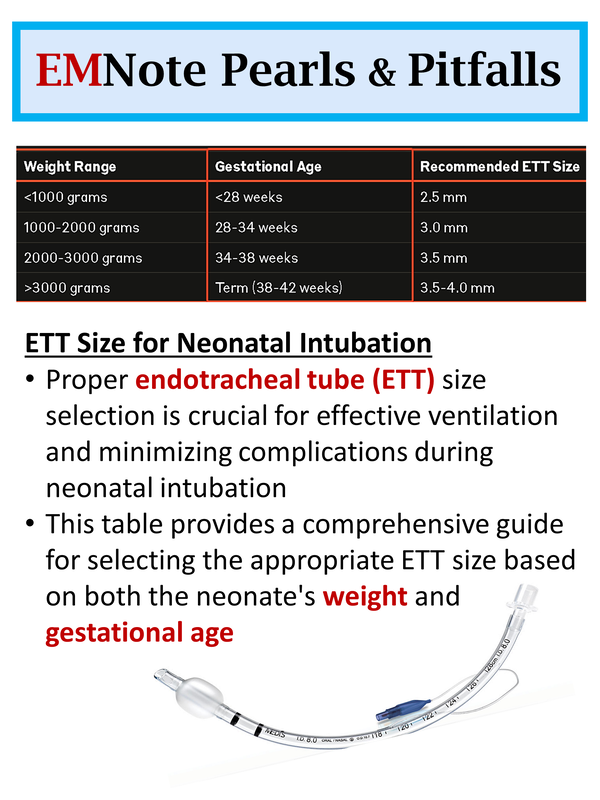How To Whiten Teeth Safely During Pregnancy? Natural Tips

Pregnancy is a life-changing experience that can bring about numerous physical and emotional adjustments. One common concern many expectant mothers face is the discoloration or yellowing of their teeth. This can be attributed to various factors, including hormonal fluctuations, changes in diet, or even morning sickness. The quest for a brighter, healthier smile during pregnancy is understandable, but it’s crucial to approach teeth whitening with caution to ensure both the mother’s and the baby’s well-being.
Understanding the Risks
Before considering any teeth whitening method, it’s essential to understand the potential risks associated with these processes during pregnancy. The primary concern is the safety of the fetus. Many teeth whitening products contain hydrogen peroxide, a common bleaching agent. While the percentages found in over-the-counter products are generally considered safe for the general public, pregnant women are often advised to minimize their exposure to chemicals. The American Dental Association (ADA) and other dental professionals recommend avoiding teeth whitening during pregnancy, especially during the first trimester when the fetus is most vulnerable.
Natural Alternatives for Whitening Teeth
Given the potential risks, many expectant mothers turn to natural methods to achieve a whiter, brighter smile. These methods are not only safer but also provide a more holistic approach to oral health.
Dental Hygiene: Maintaining impeccable dental hygiene is the cornerstone of oral health. Regular brushing with a fluoride toothpaste and flossing can help remove plaque and surface stains, contributing to a brighter smile. The ADA recommends brushing at least twice a day and flossing once daily.
Baking Soda and Water: Mixing baking soda with water to create a paste can be a gentle and non-abrasive way to clean and whiten teeth. However, it’s crucial to use this method sparingly, as excessive use can lead to enamel erosion.
Oil Pulling: This ancient Ayurvedic practice involves swishing oil (coconut, sesame, or sunflower oil) in the mouth for several minutes to reduce bacteria, bad breath, and whiten teeth. While its effectiveness for significant whitening is debated, it can contribute to overall oral health.
Strawberries and Malic Acid: Strawberries contain malic acid, which has natural astringent and whitening properties. Rubbing strawberries on the teeth or using a strawberry and baking soda mixture can be a gentle, chemical-free approach to teeth whitening.
Activated Charcoal: Though its effectiveness and safety for teeth whitening are still under debate, some pregnant women use activated charcoal powder to remove stains and whiten teeth. However, it’s essential to consult a dentist before starting any new oral care regimen, especially during pregnancy.
Professional Dental Care
Despite the appeal of natural remedies, professional dental care remains indispensable during pregnancy. Regular dental check-ups can help prevent and address any oral health issues that may arise, including gum disease and tooth decay, which can be more prevalent due to hormonal changes. Dentists can also offer personalized advice on safe teeth whitening options or provide professional cleaning to enhance the appearance of the teeth.
Conclusion
While the desire for a brighter smile is understandable, safety should always be the top priority during pregnancy. By focusing on excellent oral hygiene practices, considering natural whitening alternatives under the guidance of a healthcare provider, and maintaining regular dental check-ups, expectant mothers can enjoy a healthy, beautiful smile while ensuring the well-being of both themselves and their baby. Always remember, any new oral care practice, whether natural or professional, should be discussed with a dentist or healthcare provider to ensure it aligns with the safest standards for pregnancy.
Frequently Asked Questions
Is it safe to use hydrogen peroxide for teeth whitening during pregnancy?
+No, it's generally recommended to avoid using products containing hydrogen peroxide for teeth whitening during pregnancy, especially during the first trimester, due to potential risks to the fetus.
Can I use baking soda to whiten my teeth during pregnancy?
+Yes, baking soda can be used sparingly as a natural and gentle method for whitening teeth. However, overuse can lead to enamel erosion, so it's essential to use it in moderation and as part of a balanced oral hygiene routine.
How often should I visit the dentist during pregnancy?
+Pregnant women should maintain their regular dental check-up schedule, which is typically every six months, unless otherwise advised by their dentist or healthcare provider. Regular dental care is crucial for preventing and addressing any oral health issues that may arise during pregnancy.
In conclusion, while achieving a whiter smile is a desirable goal, the health and safety of both the mother and the fetus must be the primary considerations during pregnancy. By adopting a balanced approach that includes excellent oral hygiene, careful consideration of natural whitening methods, and regular professional dental care, expectant mothers can enjoy a healthy, beautiful smile throughout their pregnancy journey.


